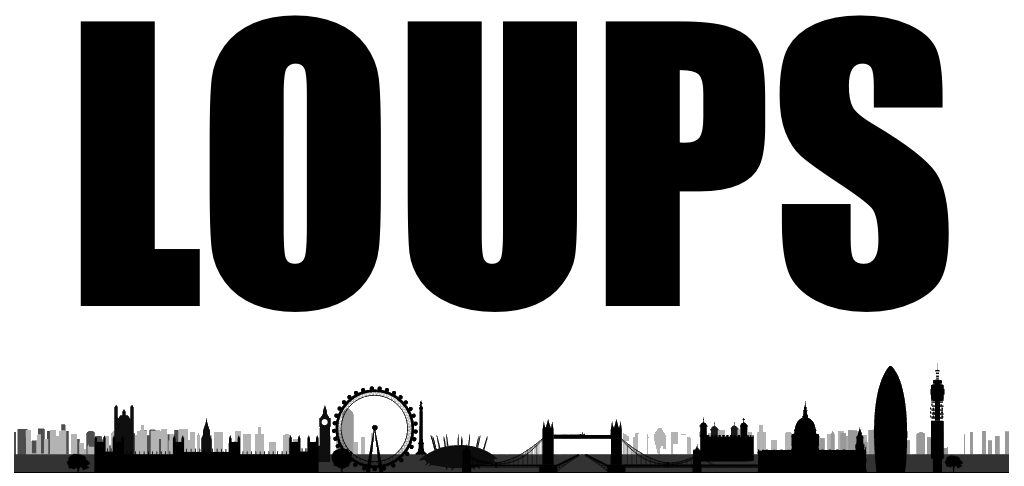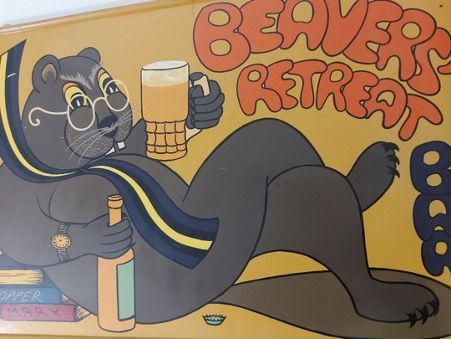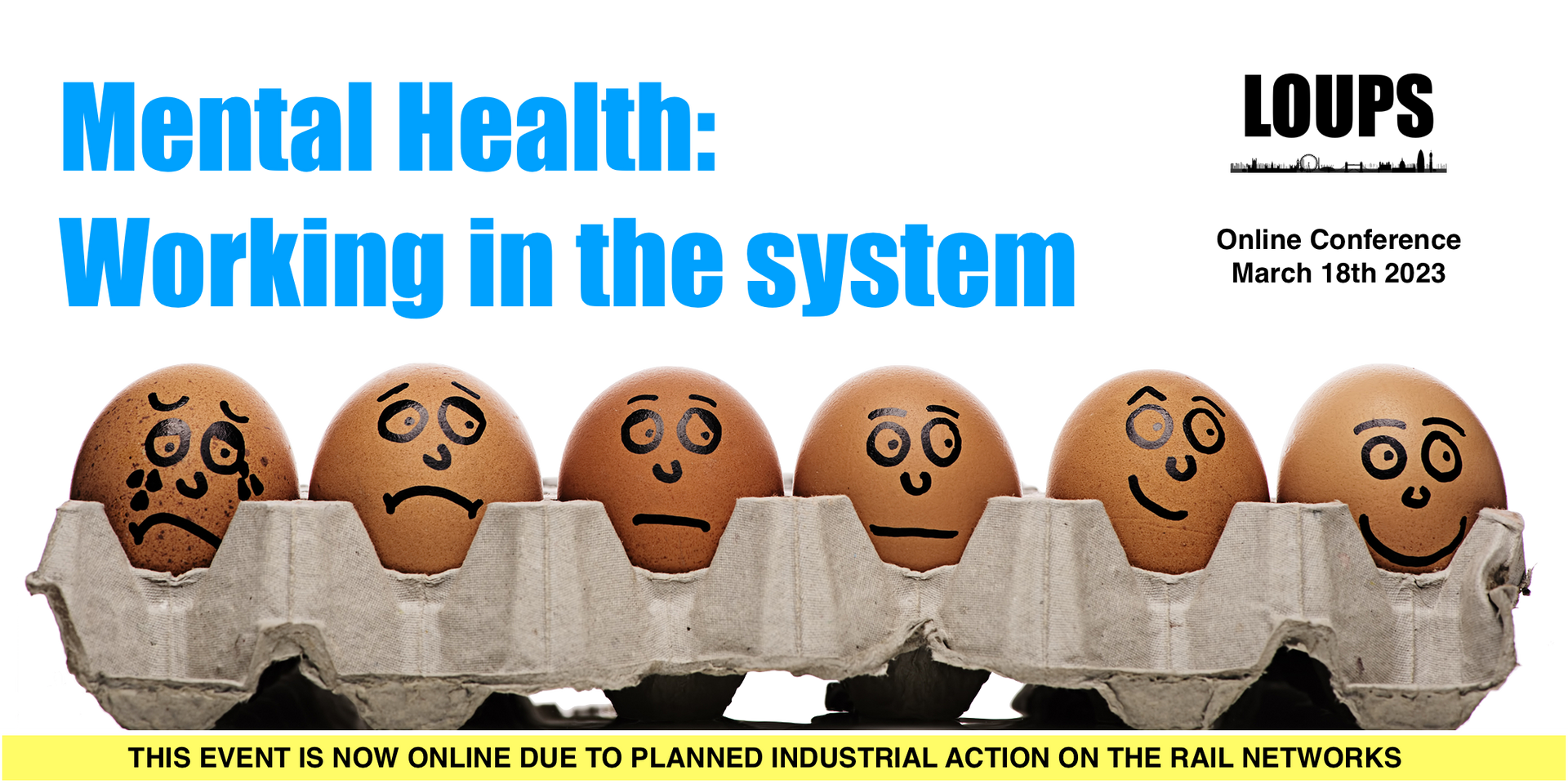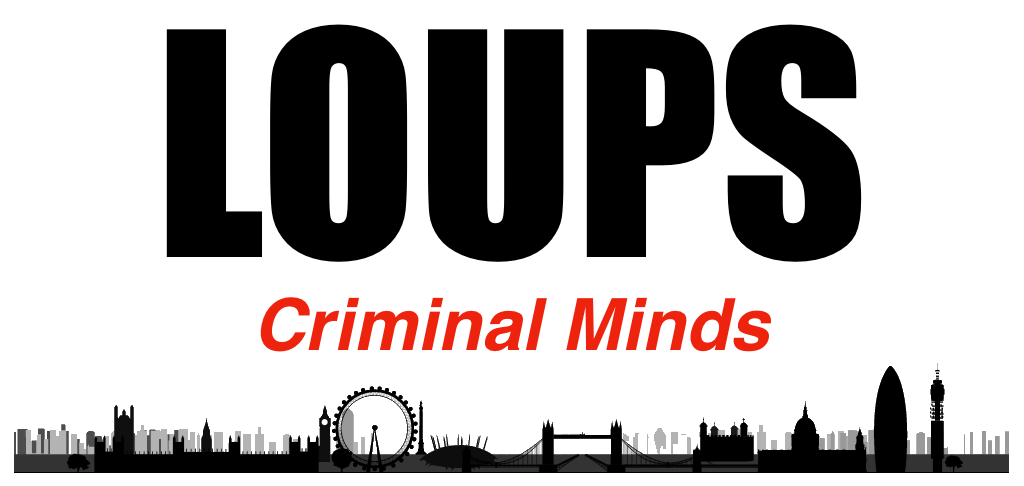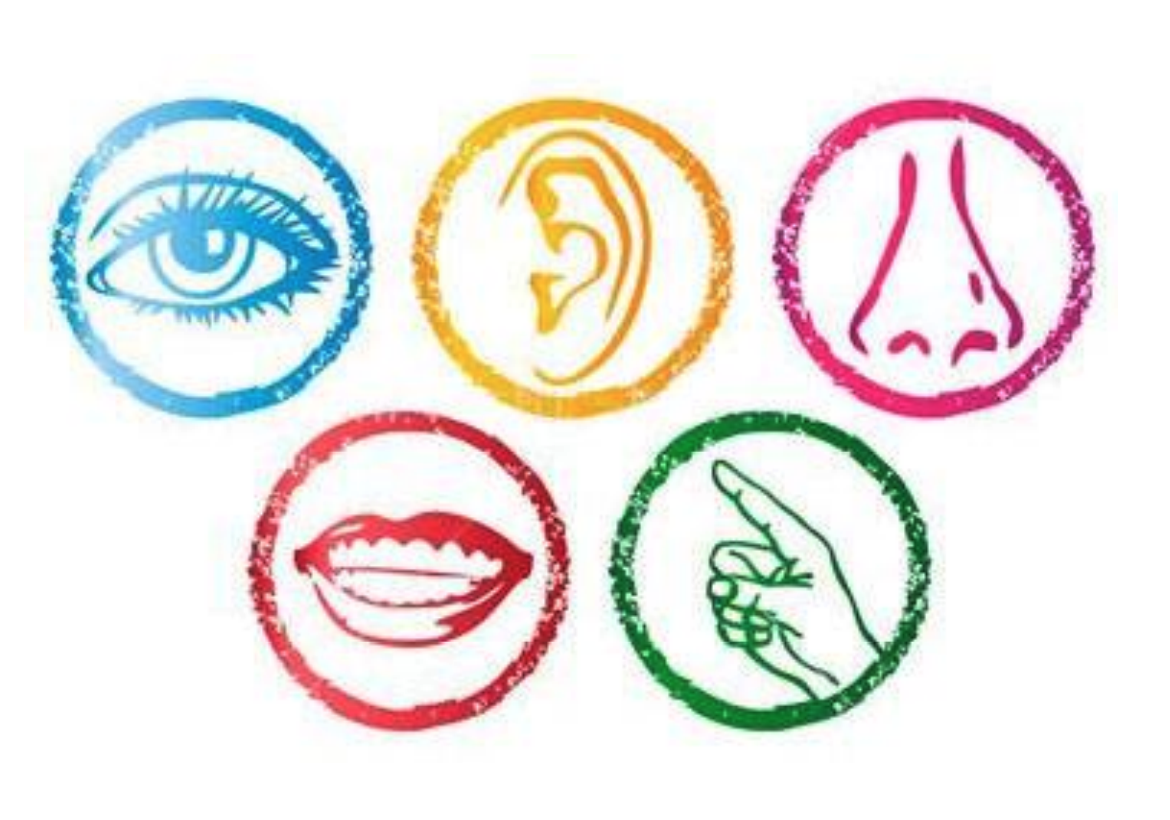LOUPS Conference: Social Psychology Today
Covid-19 (C19) continues to dominate 2020. Fluctuating rates of infection, devastating loss of life, widespread uncertainty, March lockdown, and more recent, local lockdowns, demonstrate the scale of the pandemic's impact upon societies. Psychological research has adapted to the constraints of the 'new normal' and remains studying the thoughts, feelings and behaviour that people exhibit.
On 22nd August 2020, the London branch of the Open University Psychological Society held an online conference entitled, Social Psychology Today. Dr Emma O'Dwyer, Professor John Drury and Professor Elizabeth Stokoe presented lectures about C19 Mutual Aid Groups, the role of social psychology in C19 responses, and the science of coronavirus.
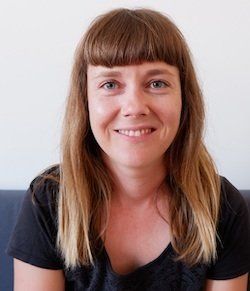
Dr Emma O'Dwyer, Senior Lecturer in Political Psychology at Kingston University, London started the conference with a brilliant lecture, Solidarity not charity? A political psychological perspective on UK Covid-19 mutual aid groups. A mutual aid group refers to a group of people voluntarily and reciprocally providing support, for example, the Alcoholics Anonymous paradigm. These groups reflect solidarity principles because there is an equal or, horizontal, structure rather than a helper/helped vertical structure; hence, solidarity not charity. Covid-19 mutual aid groups (CMAGs) have been founded across the UK to provide support for vulnerable people during lockdown. CMAGs have provided various support to people, such as grocery provision and dog walking, but also financial aid and social support. These groups evoke feelings of neighbourly cooperation however, Emma quoted from Tiratelli and Kaye (2020), that they were not merely 'nice to have' but that they provided essential support and mitigated negative outcomes of the impact of Covid-19 and lockdown. Emma is an organiser for the CMAG in her community in addition to researching them, which gave her lecture great insight, plus some of the conference attendees are members of their community groups making for an interesting question and answer session at the end.
Emma included some research findings related to understanding the psychological, social and political impacts of participating in CMAGs. The research is longitudinal but preliminary findings are discussed in this article. Covid-19 is a novel coronavirus being experienced and studied in real time however, there are existing theories and research into the impacts of participation which can be applied. Particularly interesting is the social cure/social curse psychological impact which refers to the phenomenon that the content of social identities attached to members can have positive or negative outcomes. For example, in work with earthquake survivors, post-traumatic outcomes [stress disorder or growth] were mediated by community identification. Social and political impacts of participation in CMAGs include how different ideas of what being a citizen means to people are experienced; plus the position of mutual aid reflecting activism. Emma included a quote from an interview in which a participant had spoken to the council about creating a foodbank and had encountered bureaucracy but reconciled it by ostensibly agreeing to the council's terms. Indeed, a significant dimension of CMAGs is that they operate a parallel social welfare system free from the means-tested and bureaucratically-dominant structure of formal social welfare.
The question and answer session at the end of the lecture included a comparison of the government response in Romania in contrast to the UK. Local government in the UK had to wait for official central guidance whereas communities themselves could react in a quicker manner. The political identities of CMAGs was discussed briefly too, especially as many would consider them as apolitical spaces focusing on the community as a whole however, participation itself is a political statement and so politics is a deeply complex phenomenon within CMAGs. Emma's lecture was a fantastic start to the conference.

Social Psychologist, Professor John Drury from the University of Sussex presented the second session, The role of social psychology in responses to the pandemic: don't blame the public. John highlighted the dual objections regarding psychology's involvement in C19 interventions: objections from outside and from inside psychology. Outside objections include that, as C19 is a pandemic, epidemiologists and other related specialists are the experts. However, in the absence of a vaccine and with the need for behavioural interventions, psychology has valuable insight. The inside objections include questions regarding psychological evidence itself and its application and dissemination, as raised in the article "Using social and behavioural science to support COVID-19 pandemic response"" (Nature Human Behaviour, 2020). This is an interesting objection to come from within psychology and taking a critical, reflective approach throughout studies [and life!] can tie oneself in knots reflecting upon the value placed upon evidence. However, as John referenced, policy makers draw upon 'folk' psychology in making decisions and it is therefore imperative to have input from psychologists.
The lecture addressed three questions. First, when do we perceive a threat? Talk of 'panic buying' dominated the beginning of C19, but contextually, over-buying made sense, plus, people can be slow to respond to threats so perception can be nuanced and depend upon historical context, self-relevance, and the source of communication about the threat.
The second question was, when do we adhere to the public health behaviour rules? Adherence is a complex topic as myths and 'common sense' ideas abound, for example, coercive measures may be theorised to result in compliance but the opposite is true. John drew upon brilliant work regarding chemical, biological, radiological or nuclear (CBRN) incidents to illustrate (Carter et al, 2014). Decontamination protocols are a vital component of dealing with CBRN incidents and there is a critical timeframe in which to ensure positive outcomes, however, it is an emotionally charged event and can be met with resistance, such as modesty issues. Respectful/honest communication, a sense of shared identity, and perceived legitimacy foster adherence more than the threat of fines. This is a key consideration in the C19 battle as communication has included mixed messages: from 'stay home' to 'stay alert', plus shared identities ['we're all in this together!'] have been challenged by, for example, Cummings-gate, which similarly resulted in implications regarding legitimacy.
The third question was, when do communities provide support? This linked to Emma's lecture and also referenced the different ways 'communities' are defined in policy: geographical, interest-based, supporters, and, of particular interest in C19, communities of circumstance. A community of circumstance is created by an incident, such as Grenfell, and can be temporary or endure. In relation to CMAGs, John presented a number of factors which can help to sustain them, including the importance of the group identity and support - but not co-option - from local authorities.
There was a question and answer session at the end which included additional things about which to think. There was a question about the non-compliance of some elderly people. There is no one answer and it requires further study [shout out to incoming DE300 students!], but maybe the declining C19 fatality rate has impacted decision making? This was a great question, especially as so much media attention has focused on the non-adherence of young people. The seemingly rapid change from an individualistic I to a group we identity was pondered. John spoke about self-categorisation and how quickly identities can shift, plus that we can reflect upon this shift after the fact. The potential of a 'victim' identity in communities of circumstance was discussed but it depends upon the group, for example, Grenfell survivors have experienced a significant and enduring trauma however, the group is using their pain to fuel campaigns and empower themselves to fight for change, thus their identity may invoke their victim experience, but it is not self-defeating. An interesting question posed to John regarding psychologists informing government manipulation drew upon nudge theory [see the Human Factors OUPS lecture] in that it agreed with the principle of an easily manipulated population but questioned the morality of using psychological science in such a way. John also spoke about masks, information and communication because if, for example, failure to wear a mask is made a fineable offence, that represents a failure of communication of relevant information. It was a stimulating end to an insightful lecture and gave us a lot to ponder!
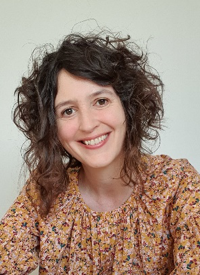
The final lecture of the day, Talking in the time of coronavirus: The science of conversation, came from Loughborough University's Professor of Social Interaction and Associate Pro-Vice Chancellor, Professor Elizabeth (Liz) Stokoe. Liz addressed five topics: the science of conversation; how are you?; how are you now?; communication challenges in the time of coronavirus, and, can we communicate online?
Beginning with the science of conversation, Liz spoke about her work in conversation analysis, which involves studying conversation in minute detail: not just the words, but intonation, pauses, inflection et cetera. Scientifically studying real conversations, such as first dates and telephone calls has demonstrated that, despite people being idiosyncratic, there are systematic patterns. This lead to the second topic, how are you? This question is used almost as a greeting, but despite its banality, it does a lot of things because, as Liz explained, every time it is asked, it does something so the answer is revealing. Moving to How are you now? , Liz discussed how C19 has changed societies, exacerbated divisions [Cummings-gate], increased engagement [CMAGs], and led to talk of 'the new normal'. Lockdown destabilised the status quo of life in myriad ways and so asking how someone is, evolved from fairly innocuous to a crucial interaction.
Talking about communication challenges in the time of coronavirus, Liz spoke about people who swerve versus people who do not: the collaborative versus the oblivious. Liz, as a runner, has vast experience of this, including positive/pleasant interactions with fellow swervers, alongside aggressive/unpleasant encounters with non-swervers. Blog post, Walking in the Time of Coronavirus, contains swerver/non-swerver interactions taken from CCTV and is worth reading.
Communication is a taken-for-granted phenomenon. The fifth topic Liz addressed was, 'can we communicate online?' This is of particular interest to Open University Psychological Society members who have studied or are studying at the Open University and so need to be effective communicators, especially online. Interactions are more than what is said: there is body language. Owing to its taken-for-granted nature, there are communication myths, for example, there was a popular myth that '93% of communication is non-verbal'. Liz emphasised that if this were true, then people would not be able to communicate over the phone, plus, this specific myth has been debunked by the author of the study from which it was misrepresented (Mehrabian, 1967), and from later psychologists (Atkinson, 2004) Online communication is often contrasted with 'face-to-face' however, 'in person' is a more appropriate term as, with Zoom and other platforms, online communication increasingly involves seeing people's faces. Liz referenced that modalities of communication are often judged using myths and that fundamentally, an effective communicator is effective across modalities and vice versa. For example, on Twitter, Liz [@LizStokoe], has a thread about 'the 'quality' of F2F vs online interaction' which, despite being constrained by Twitter paradigms, is detailed yet succinct; intellectual yet accessible. Can we communicate online? Yes, but, as with all communication, some people are just better at it than others.
The question and answer session at the end included conversations around perception of online communication. One question asked whether people mistake effective communication for that which they are accustomed to or prefer, in particular concerning generational differences in communication in the workplace. Liz talked about her research in workplaces involving guidelines for communication and outlined two common problems. First, is when employees adhere to the guidance but the guidance is wrong. Second, when employees do not follow the guidelines because they use their own, more effective ways of communicating. The question of technological innovation in communication was broached but, assumption exceeds performance currently. Communicating between speakers of different languages led to the extolling of Google Translate, especially for those of us who use it to wish friends, happy birthday!, in their native tongue. Liz stated that despite the various manners of interaction, there are core features, such as greetings, and people communicate using different resources but are nonetheless communicating. An excellent lecture to end the conference!
Social Psychology Today was a fascinating insight into how the Covid-19 coronavirus has impacted society and the involvement of social psychology. The three lectures were brilliant individually but simultaneously linked to each other. Dr Emma O'Dwyer's lecture about Covid-19 Mutual Aid Groups provided a wealth of information about the work being undertaken in communities to lessen the devastation of the pandemic and lockdown difficulties. Emma drew upon the political factors implicating these groups and the tensions they can imbue. Professor John Drury outlined objections coming from outside and within psychology concerning its involvement in C19. Decontamination research was used to demonstrate the power of communication in adherence to public health behaviour, plus the importance of shared identities and communities, which linked to Emma's lecture. Finally, Professor Liz Stokoe addressed the science of communication, including the changing relevance to asking, how are you? Communication myths were discussed, as well as the possibility of communicating online. Social psychology in 2020 is more important than ever and despite the impact of Covid-19, psychologists continue to produce research of a high calibre.
Thank you to OUPS for another magnificent event, especially to Amada who made her debut as solo MC in an event utilising two different presentation platforms!


